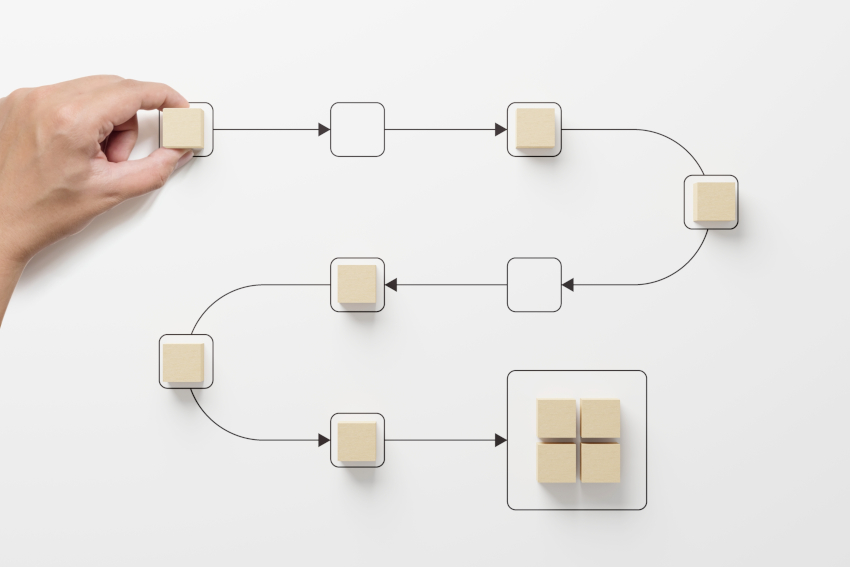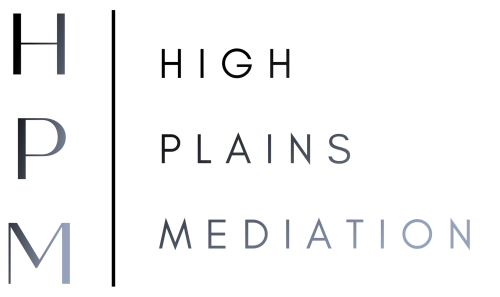Collaborative conflict resolution processes offer a refreshing alternative to the traditional and often adversarial approach of litigation. One such process is mediation, which involves a neutral third party, known as a mediator, who helps bring the disputing parties to the table and facilitates communication and negotiation in order to reach a mutually acceptable agreement. Think of the mediator as the ultimate peacemaker, like a superhero with a cape made of compromise.High Plains Mediators will apply collaborative conflict resolution processes as one of the methods used in mediations.
But why choose mediation over litigation? Well, for starters, mediation is often less expensive and faster than going to court. According to a study by the American Bar Association, the average cost of a mediated case is $3,000, while the average cost of a litigated case is $36,000. That's like comparing the price of a fancy latte to a small car. And as for time, mediation can save parties an average of 14 months per case. That's like finding 14 missing socks in the dryer, all at once.
Mediation also allows parties to maintain their relationship, unlike litigation which can be like a game of "Break Up or Make Up" with the fate of the relationship at stake. Mediation is a collaborative process that promotes communication and understanding, like a group therapy session for disputes.
Another benefit of mediation is that the parties have control over the outcome of their dispute. Mediation allows parties to create a solution that is tailored to their unique needs and concerns. It's like having a bespoke suit made for your dispute, instead of wearing a "one size fits all" court ruling.
Mediation also offers flexibility, it can be scheduled at a time and place that is convenient for the parties and it is typically less formal than litigation. Mediation can be conducted in a location that is comfortable for all parties, like a coffee shop or a park. It's like having a picnic with the added benefit of resolving a dispute.
And let's not forget about confidentiality. Mediation proceedings and agreements are not public record, which allows parties to keep their dispute private. It's like having a secret handshake with your dispute, only you and the other party know the details.
In conclusion, mediation is a collaborative conflict resolution process that offers many benefits over traditional litigation. It's less expensive, faster, promotes relationship preservation, allows parties to have control over the outcome, offers flexibility and confidentiality. It's like having all the benefits of a vacation, but instead of lounging on a beach, you're resolving a dispute. If you're considering mediation, seek the assistance of a trained professional to guide and facilitate the process.
Here is another article worth reading:
- Walden University - Dr. Barbara Benoliel - "What's Your Conflict Management Style?"

Sources:
- American Bar Association, "What is Mediation?," https://www.americanbar.org/groups/dispute_resolution/resources/
- Mediate.com, "Preparing for Mediation," https://www.mediate.com/articles/prep1.cfm
- American Bar Association, "The Costs of Conflict: A Study of Litigated and Non-Litigated Cases," https://www.americanbar.org/content/dam/aba/migrated/dispute/PublicDocuments/costs_of_conflict










